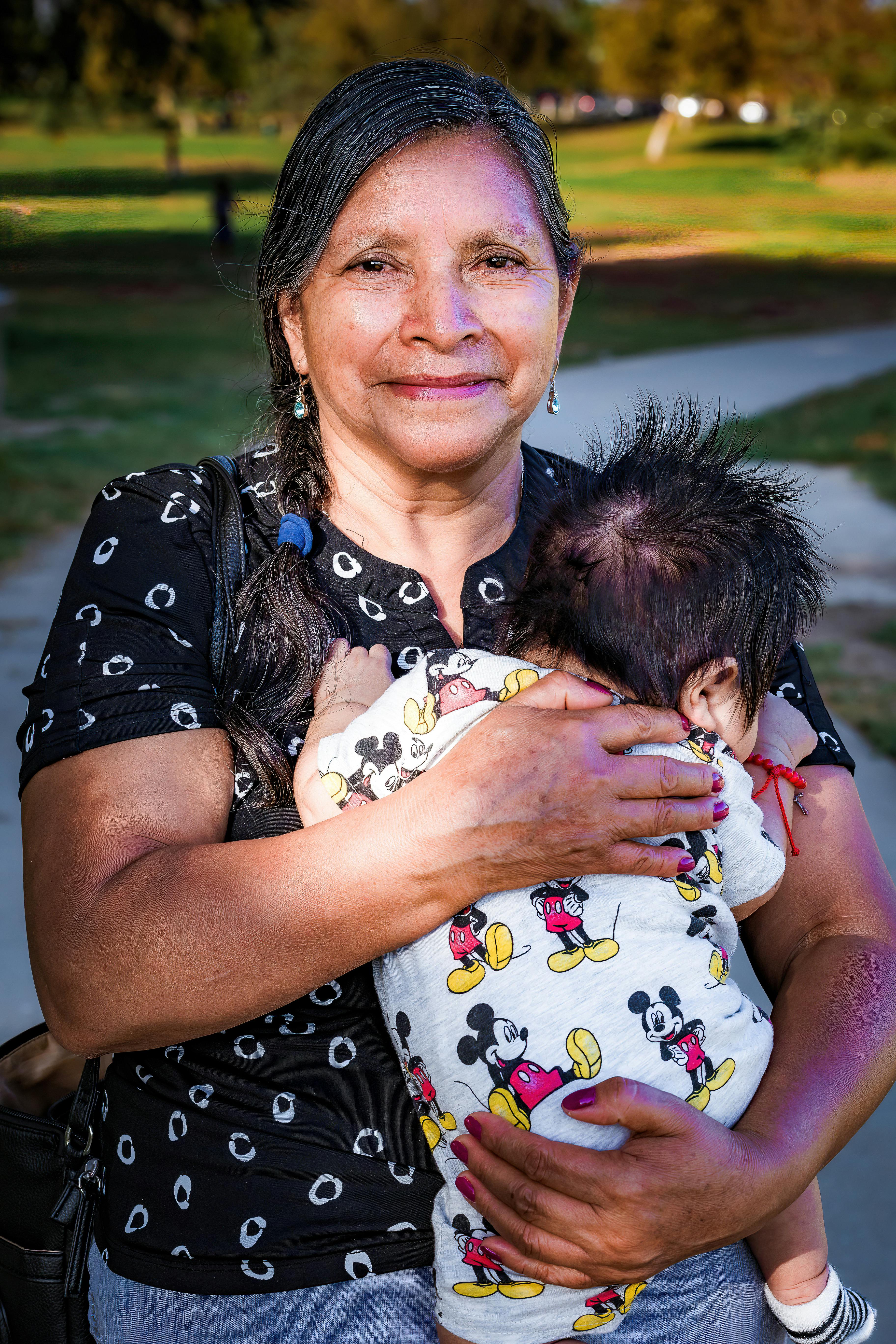Table of Contents
Child Safety
One of the most important aspects of babysitting is ensuring the safety of the children in your care. This includes childproofing the environment, such as removing small objects that could be choking hazards, securing cabinets and drawers, and ensuring that all electrical outlets are covered. It is also important to have a plan in case of emergencies, such as knowing the location of fire exits and having important contact numbers on hand.
On-Demand Childcare in Your Neighborhood
Book a Sitter
First Aid and Emergency Preparedness
Being prepared for emergencies is crucial for any babysitter. Knowing basic first aid skills, such as CPR and the Heimlich maneuver, can save a child’s life in a critical situation. It is also important to have a first aid kit on hand that is stocked with essential items like bandages, antiseptic ointment, and a thermometer. Additionally, knowing who to call in case of emergencies, such as the child’s parents or 911, is important for quick and effective response.
Age-Appropriate Activities
Every child is different, and it is essential to engage them in age-appropriate activities that are both fun and educational. For younger children, activities like reading books, playing with blocks, and drawing can help develop their cognitive and motor skills. Older children may enjoy activities like playing board games, doing puzzles, or engaging in physical activities like playing outside. It is important to be creative and adaptive in choosing activities that cater to the child’s interests and abilities.

Communication with Parents
Maintaining open and clear communication with parents is key to being a successful babysitter. Before the parents leave, it is important to discuss any specific instructions or routines they have for their child, such as bedtime routines or dietary restrictions. Throughout the babysitting period, it is important to provide updates to the parents on how their child is doing and any notable events that occurred.
Being transparent and honest with parents builds trust and reassures them that their child is in good hands.
Meal Preparation and Nutrition
Providing nutritious meals and snacks is an essential part of babysitting. It is important to be aware of any food allergies or dietary restrictions that the child may have and to prepare meals accordingly. Additionally, encouraging healthy eating habits, such as offering fruits and vegetables as snacks and limiting sugary treats, can help promote good nutrition and overall health for the child. Being mindful of portion sizes and meal times is also important in ensuring that the child is getting the proper sustenance they need throughout the day.
In conclusion, being a babysitter is a rewarding but challenging responsibility that requires knowledge, patience, and care. By understanding and implementing these essential childcare basics, babysitters can provide a safe and nurturing environment for the children in their care. Remember, being a responsible babysitter not only ensures the well-being of the children but also builds trust with parents and creates a positive experience for everyone involved.











